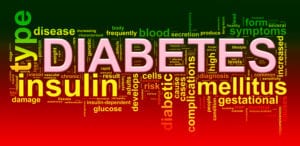Complex Phytoadaptogen Application Aids in Prevention of Chronic Periodontitis
Written by Taylor Woosley, Staff Writer. Findings of the 28-day study show that treatment consisting of non-surgical periodontal treatment with the use of complex phytoadaptogens (70% alcoholic extract of G. glabra and 40% alcoholic extracts of R. rosea and A. senticosus in a 2:1:1 ratio) effectively relieves inflammation related to chronic periodontitis.















